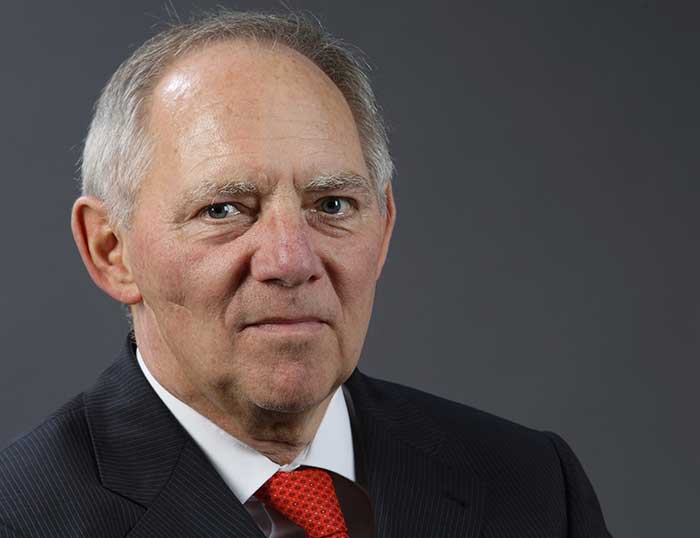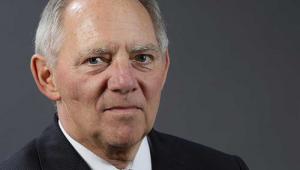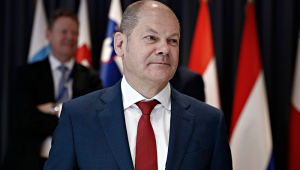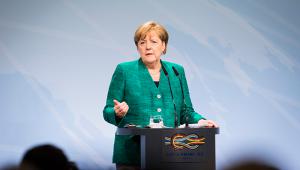wolfgang-schauble_istock.jpg

German finance minister Wolfgang Schäuble.
The windfall was driven by steady growth – which outpaced that of other major economies according to official figures published today – as well record-high employment, a strong construction sector and public spending.
Further good news for the German economy and finances will likely increase pressure from various observers who stress the country is being too tight-fisted on investment – a point Schäuble disputes.
“The federal government has delivered on its fiscal promises,” Reuters reported Schäuble as saying yesterday. “First we balanced the federal budget, then we made additional funds for investment available.”
The finance ministry now expects the country’s tax take from federal, state, municipal and EU revenues to rise from the November estimate of €724.5bn to €732.4bn.
“Now tax cuts can follow in the next legislative period,” Schäuble added, promising cuts worth around €15bn (0.5% of GDP) for low- and middle-income households if his party, the Christian Democratic Union, emerges victorious from the country’s federal election in September.
Schäuble’s announcement preceded news from the German official statistics office this morning that the country’s growth hit 0.6% in the first quarter of 2017, up from 0.4% in the final quarter of last year.
That trumps growth rates seen in the US (less than 0.2%), France and the UK (both 0.3%), with growth driven by higher investment and strong demand from both consumers and the government.
But the news is further ammunition for those who argue Germany should be investing more in order to boost both domestic and regional productivity.
Schäeble has come under pressure from European Central Bank chief Mario Draghi, the European Commission and the International Monetary Fund to loosen its focus on savings and spend more in areas like infrastructure.
The finance minister however argues that additional revenues are better used to reduce public debt, and that Germany’s states lack the ability to tap into infrastructure funds as they remain overwhelmed by the influx of people to their areas during the refugee crisis.













